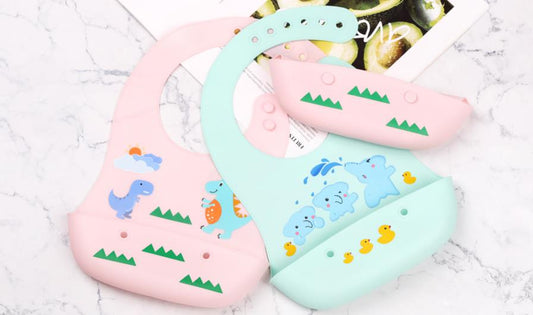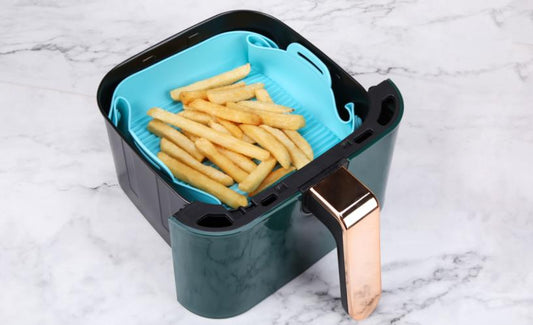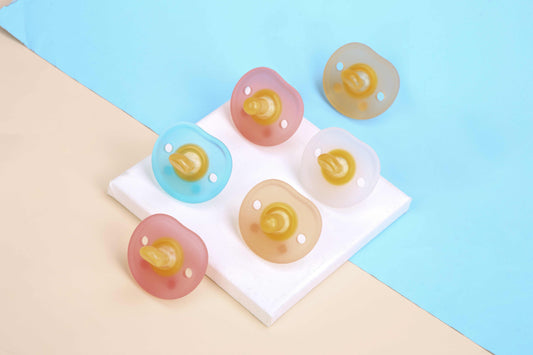The growth process of a baby is a journey full of joy, surprises, and sometimes mystery. Many new parents may be confused,“Why do babies grind their teeth?” This article aims to unravel the mystery of baby teeth grinding and explore when this behavior starts, common symptoms and problems it causes. In addition, we will also discuss how to cope,help parents through this stage.
Why do babies grind their teeth?
1.Teething problems:
One of the most common causes of teeth grinding in babies is teething. The discomfort and itching of the gums as new teeth come in may cause babies to grind their teeth to relieve it.
2.Exploration behavior:
Babies learn about their world primarily through their mouths. Teething sensations help them explore different textures and experiences, which is an important part of their sensory development.
3.Stress and Anxiety:
Just like adults, babies can experience stress or anxiety, they relieve it in their own way. Factors such as a change in daily routine, a new environment, or illness may trigger teeth grinding as a coping mechanism. This form of friction usually decreases as the baby becomes more accustomed to his surroundings.

When does babies start grinding his teeth?
Teeth grinding usually begins when babies begin teething, which can occur as early as four to seven months of age. But this behavior usually occurs around the age of two to three, when babies have their baby teeth and newly erupted permanent teeth. As the child grows older, this teeth grinding behavior will gradually decrease and disappear.
Signs and Symptoms of Teeth Grinding
1.Grinding sound:
The sound of teeth grinding is sometimes enough to disturb other people in the same room. If you hear noticeable grinding sounds at night, your baby may be grinding his teeth.
2.Tooth wear:
Over time, continued grinding can cause severe wear and tear on primary teeth. Your dentist may discover flat, worn, or chipped teeth during a routine exam.
3.Facial or jaw pain:
In some cases, a baby may experience discomfort in their jaw or face due to the pressure caused by grinding teeth. They may show signs of pain by touching or rubbing their face.
4.Increased tooth sensitivity:
Continuous teeth grinding can make babies more sensitive to temperature and certain foods, causing them to react more strongly to hot or cold substances.

Potential problems caused by teeth grinding
1. Tooth damage:
Long-term, vigorous grinding of teeth can cause tooth damage, including chipping or cracking. In this case, dental intervention may be necessary.
2. Sleep interruption:
Teeth grinding can sometimes disrupt a baby's sleep, causing restlessness and potential sleep disturbances in both the baby and the parents.
3. Facial and jaw pain:
The pressure and strain caused by grinding may cause discomfort to the baby's face or jaw.
How to deal with baby’s teeth grinding
1. Provide teething toys:
Teething toys can massage gums and relieve discomfort during teething. Your baby chews and puts pressure on his gums, which may reduce the urge to grind his teeth. Psychologically, chewing teether can soothe and relieve the baby, allowing the baby to gain psychological satisfaction and security. There are many types of teething toys. Parents should choose teething toys specially designed for babies to ensure that they do not contain harmful substances. KEAN silicone teether is safe, non-toxic, soft and wear-resistant, BPA free, and comes with complete certificates. Help your baby effectively relieve discomfort during teething.

2. Establish a calming bedtime routine:
A calm, consistent bedtime can help reduce anxiety and stress in babies. Create a soothing bedtime routine that includes activities like gentle rocking, a warm bath, and soothing lullabies.
3. Manage Stress and Anxiety:
If stress or anxiety seems to be a factor in your baby's teething, try identifying and addressing the source of the stress. Maintain a comfortable, reassuring environment so your baby feels safe.
4. Consult a pediatric dentist:
Regular dental checkups are essential to monitor your baby's oral health. If grinding is causing tooth wear or other problems, talk to your pediatric dentist for guidance on dealing with the problem.
5. Observe changes over time:
Pay close attention to your baby's teething behavior and note any changes. Most babies naturally outgrow their teeth as they adjust to new experiences and environments.
Conclusion
Baby teeth grinding is a normal part of development. Learn about teeth grinding, take effective measures, and seek professional guidance when necessary. Parents can help babies navigate the teething phase more comfortably.



